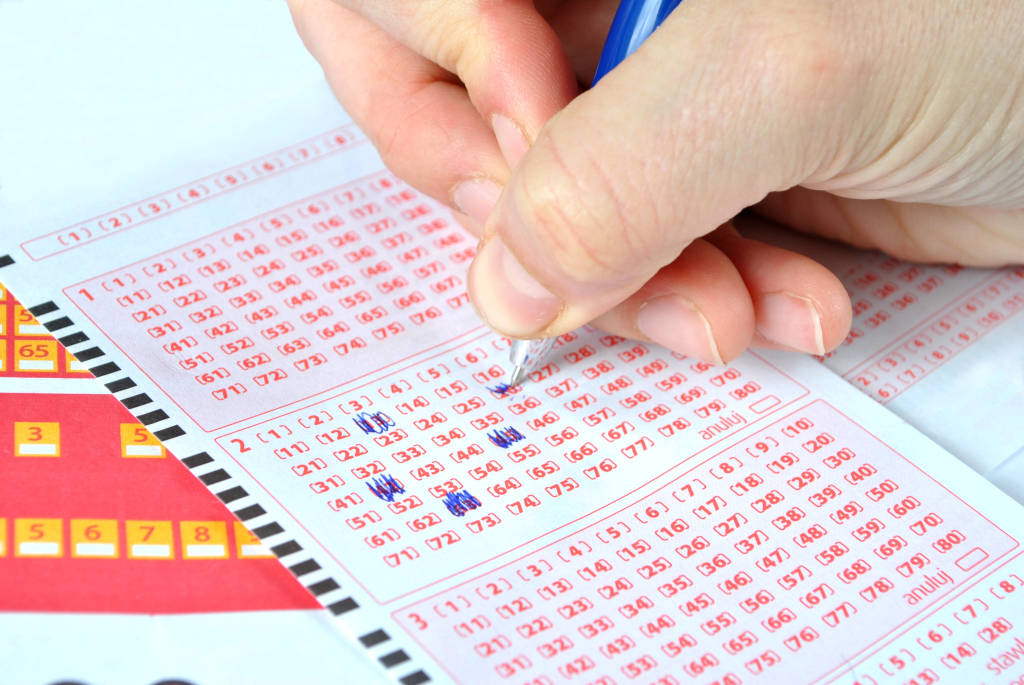
AUSTIN, Texas – A Texas Lottery commissioner has stepped down just days after the state agency came under heightened scrutiny from lawmakers.
Clark E. Smith officially resigned from his position as commissioner on Friday, Feb. 21, according to the Texas Lottery Commission.
What We Know
Smith was appointed by Gov. Greg Abbott in 2023 to oversee the state lottery and bingo operations, ensuring they comply with Texas law and are conducted fairly. His term was originally set to expire on Feb. 1, 2029.
An Austin-based attorney, Smith specializes in administrative and regulatory law, with a focus on the alcoholic beverage industry, according to a November 2023 statement from the governor’s office.
The Texas Lottery Commission consists of five members—a chair and four commissioners—tasked with supervising the agency’s operations.
What Remains Unclear
At this time, the reasons behind Smith’s resignation remain unknown, and it is unclear whether additional commissioners may follow suit.
Growing Controversy: Investigation into the Texas Lottery
Smith’s resignation comes on the heels of an investigation launched by Texas Lt. Gov. Dan Patrick into the Texas Lottery and a North Austin retail location that recently sold an $83.5 million jackpot-winning ticket—the fifth-largest prize in Lotto Texas history.
The winning ticket was purchased at Winners Corner TX LLC on Rockwood Lane, a store with a history of selling high-value lottery tickets. In December 2024, a $2 million-winning ticket was purchased there, and in March 2021, a Texas Two-Step ticket worth over $2 million was also sold at the location.
The store operates as a lottery courier, allowing Texans to buy tickets online while representatives physically purchase them in person from licensed retailers. The recent $83.5 million ticket was obtained through the lottery app Jackpocket, which owns Winners Corner.
During a Feb. 18 visit to the store, Lt. Gov. Patrick posted a video on social media showing its front-end operations, including ticket terminals and retail merchandise. However, he highlighted that behind the public area, dozens of additional terminals were actively printing lottery tickets.
While DraftKings, the parent company of Jackpocket, maintains that its operations are legal and do not involve bulk purchases designed to secure a win, Patrick has raised concerns about transparency.
“Do you not see an issue where the public might lose confidence if the courier service happened to sell an $83 million winning ticket at the one location in Texas that it owns?” Patrick asked a store employee in his video.
Legal Challenges Facing Lottery Couriers
Lottery courier services have been legal in Texas since 2019. However, questions surrounding their regulation remain unresolved.
On Feb. 14, the Texas Lottery Commission requested guidance from the Attorney General’s Office regarding its authority over transactions between couriers and customers.
Additionally, an ongoing lawsuit alleges that former Texas Lottery Commission Executive Director Gary Grief and a courier service engaged in fraud, money laundering, and game manipulation. Both Grief and the courier deny any wrongdoing.
Grief’s attorney issued a statement asserting his client’s integrity:
“Gary Grief served as the Texas Lottery Commission’s Executive Director for approximately 15 years. He is proud of what he and his dedicated staff accomplished during those years. Gary adamantly denies being part of any dishonest, fraudulent, or illegal scheme and looks forward to cooperating with any official inquiry regarding these allegations.”
Despite the controversy, Texas Lottery officials insist they have implemented reforms and have “cleaned house.”
Legislative Action: Could Texas Ban Lottery Couriers?
The Texas Legislature is taking action in response to growing concerns over courier services. Several bills have been introduced in the 89th legislative session aimed at reforming lottery regulations.
Lt. Gov. Patrick previously supported a bill to ban lottery couriers, but it failed to pass in the Texas House. Now, state Rep. Matt Shaheen (R-Collin County) and state Sen. Bob Hall (R-Rockwall) have introduced identical legislation that would prohibit the sale of Texas Lottery tickets through apps or online platforms.
If approved, the law would take effect on Sept. 1, 2025.
Patrick has warned that failure to pass such legislation could put the Texas Lottery’s future in jeopardy.
“Every 12 years, agencies are up for sunset review. This time, the lottery is up for sunset,” Patrick stated. “If we don’t pass the sunset bill before the session ends, the lottery is out of business.”
What’s Next?
The proposed legislation, Senate Bill 28, has been referred to the Senate State Affairs Committee and is scheduled for a public hearing on Monday, Feb. 24.
Additionally, the Texas Lottery Commission remains under review by the Texas Sunset Advisory Commission, which periodically evaluates state agencies to determine if they should continue operating. The commission last underwent a review in 2013.
As the controversy unfolds, all eyes are on the Legislature and regulatory agencies to determine the future of the Texas Lottery and its oversight.




